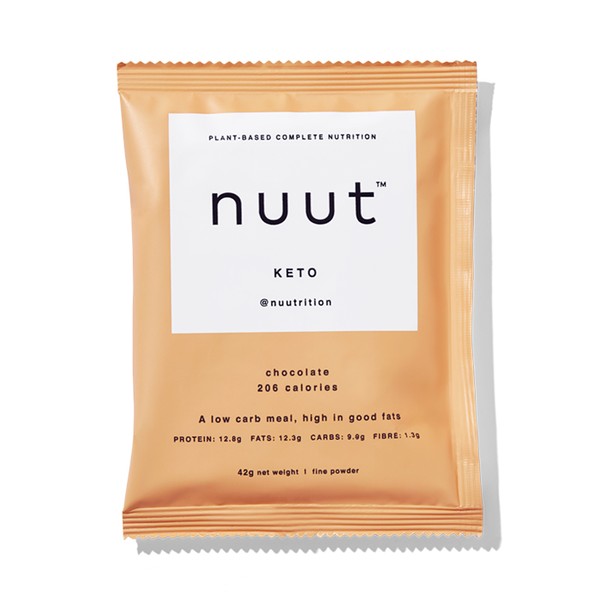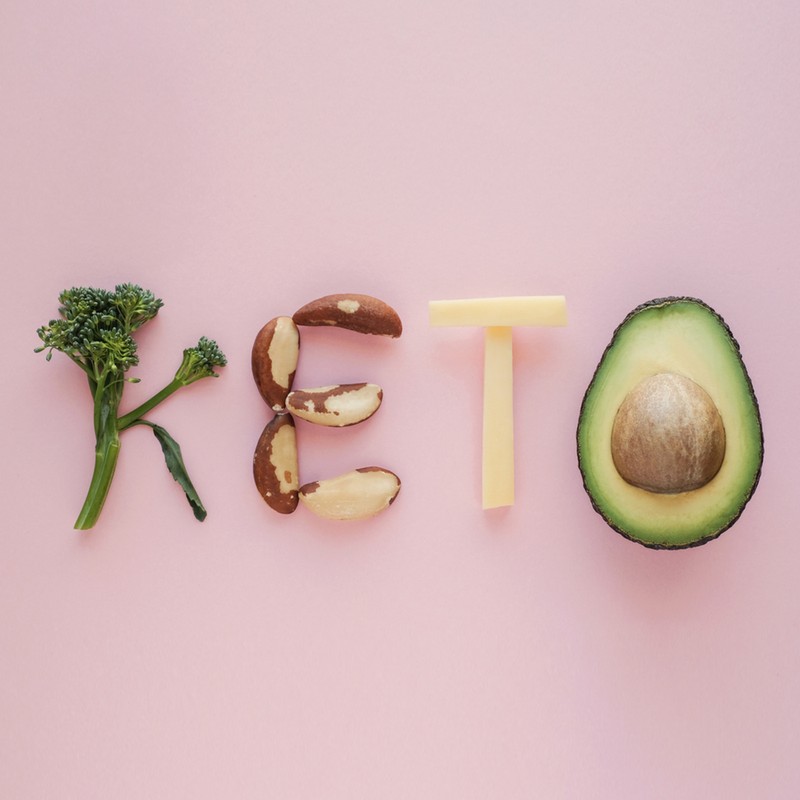
The Keto Diet 101
It’s All About Ketosis
“Whereas other diets are largely calorie restrictive in some form or another, following a keto diet encourages the body to shift to an alternative metabolic state: ketosis. If you deprive your body of glucose, either by fasting or by significantly reducing the amount of carbohydrates consumed, your body will eventually produce ketones from fat. These ketones can be used for energy instead of carbs, and lots of people claim this form of energy keeps them more focused with improved mood. After all, we’ve all experienced the seductive lure of a nap after a bowl of pasta at lunch.” – Hana Mustafa, co-founder of Keto Hana
If You’ve Got Weight To Lose, It Works
“The ketogenic diet is a very effective way to reduce body fat in a short amount of time. I recommend a keto way of eating to some of my clients who are looking to lose weight as it’s easier to stick to than other diets. When your body is in a state of ketosis, your hunger is suppressed, which means you’re unlikely to suffer from hunger pangs and cravings like with other weight loss plans. When the diet is performed well, you shouldn’t feel hungry and your energy levels should be optimal. How much weight you’ll lose will vary on your age, state of health and how much weight you have to lose, but typically, some clients lose around a stone a month.” – Kim Pearson, nutritionist and weight loss expert
You’ll Need To Track Macros, Not Calories
“The trick to doing keto properly is getting your macronutrients right. A classic keto diet is approximately 70-80% of your daily calories from fats, 10-20% protein and around 5-10% of carbs (equivalent to around 20-50g) per day. Some people go as low as 65% fats and as high as 90%. Therefore, you’ll need to stock up on plenty of healthy fats. A good-quality olive oil is a staple in any keto household, as are avocados and almonds. Just be sure to avoid any refined sugars and grains. A typical breakfast could be a bowl of our Keto Hana granola with almond milk and a few blueberries; lunch could be an omelette with olive oil, lots of keto veggies and a side of avocado; and dinner could be some baked salmon with spinach, broccoli and a cream pepper sauce.” – Hana
Getting The Protein Balance Right Is Key
“Getting the balance right between protein and fat is crucial. People often assume a keto diet is high in protein because of other low carb diets like the Atkins, which is low-carb, high-protein. A keto diet includes moderate protein, as eating too much can prevent ketosis. The body can convert amino acids in protein into glucose so a keto diet aims to include enough protein to preserve muscle, but allow ketosis. Protein is still very important, just in moderate portions. On the keto diet you should be consuming around 20% of your daily calories from protein.” – Hana
Meal Planning Is Essential
“Before you embark on the keto diet, do your research and familiarise yourself with how the diet and ketosis work. Plan your meals to ensure all essential nutrients are consumed and try to avoid eating too many processed meats. It’s important to ensure any meat consumed is organic or at least free range and traditionally reared. It’s important not to become repetitive with your meals and aim to include a variety of different low-carb meals based on whole foods.” – Kim
You Should Choose Your Veg Wisely
“One of the most common mistakes people make on the keto diet is not eating enough vegetables. While vegetables do contain carbohydrates, there are lots of low-carb vegetables that can be eaten in good quantities without compromising ketosis. A general rule is that any vegetable or salad that grows above ground is lower carb, while root veg tends to be higher. Low-carb options include broccoli, cauliflower, celery, chard, courgette, cucumber, lettuce, marrow, mushrooms, green peppers, radishes, spinach, watercress, asparagus, cabbage, pumpkin and tomatoes.” – Kim
Dipping In And Out Is Fine
“If you don’t want to commit to keto full-time, you can dip your toe in by eating a few keto meals here and there. Beyond the keto loyalists, people are increasingly aware of the negative impacts of refined sugar beyond weight loss and are looking at reducing their sugar intake long-term – so keto fits the bill nicely. Since the keto way of eating is fairly strict, people on other diets are usually able to eat this way, too. For example, if something is keto-friendly, it is probably also Paleo, low-carb and sugar-free. So while the keto diet itself can be quite limiting, conversely a keto meal can often be the most flexible.” – Hana
Remember, It’s Not For Everyone
“People who should be very cautious and seek approval from their doctor before embarking on this diet include those with kidney damage, pregnant or breast-feeding women, people with Type 1 diabetes, pre-existing liver or pancreatic disease and anyone who has undergone gallbladder removal. If in doubt, consult your doctor or nutritionist. Anyone with an eating disorder history should seek help from a qualified expert before embarking on any kind of restrictive diet.” – Kim
It Also Has Its Sceptics
“While studies have shown that following a keto diet could improve blood sugar control for patients with Type-2 diabetes, and produce weight loss in the short term, a diet this restrictive is hard to stick to. When compared to those on a traditional low-fat diet, a Mediterranean diet or a low-carb diet, studies show there isn’t any difference in the amount of weight lost. There is also limited research into the keto diet: many of the studies conducted have had a small number of participants or were short-term. Restricting the amount of carbs you eat can also make you feel low on energy, hungry and irritated. To successfully lose weight, your diet shouldn’t be your only focus.” – Dr Luke Powles, associate clinical director for Bupa Health Clinics
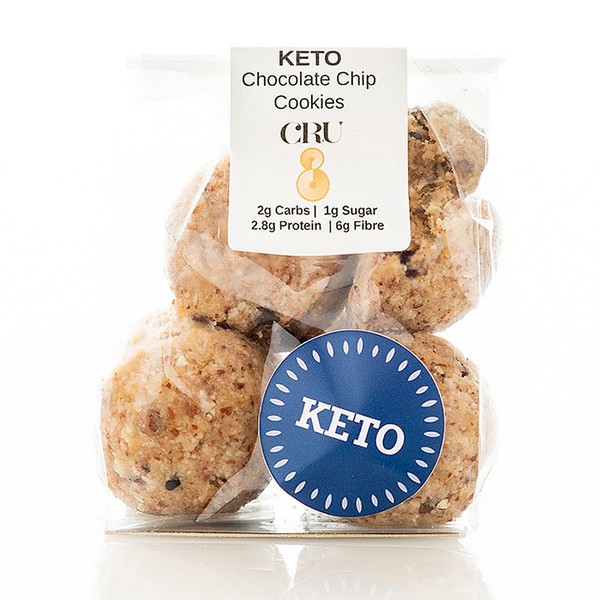
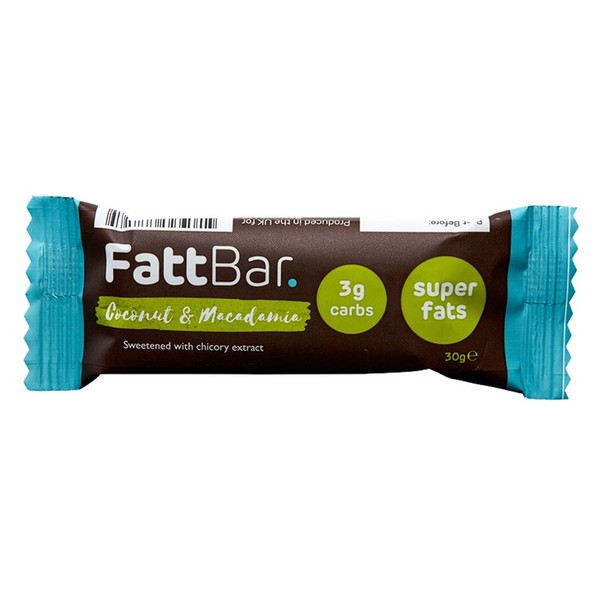
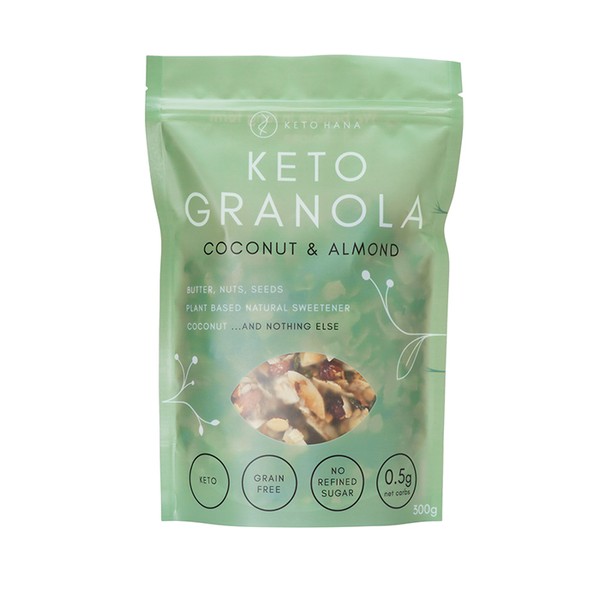
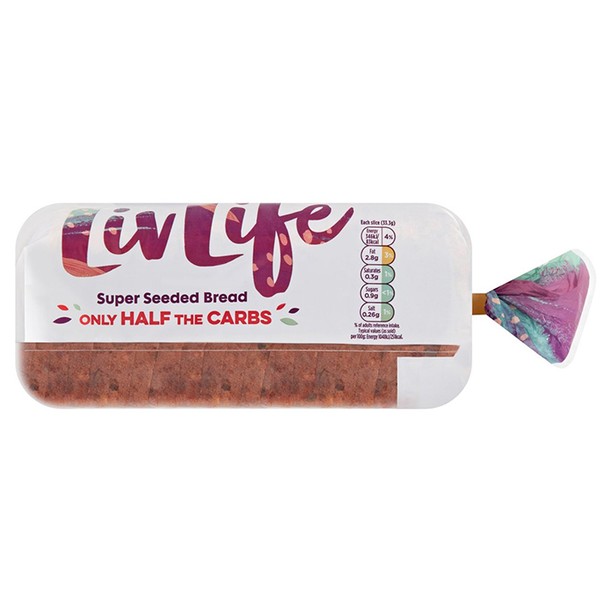
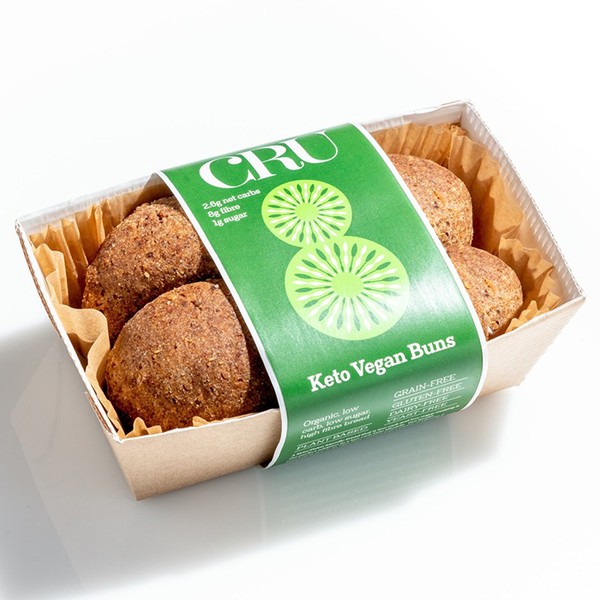
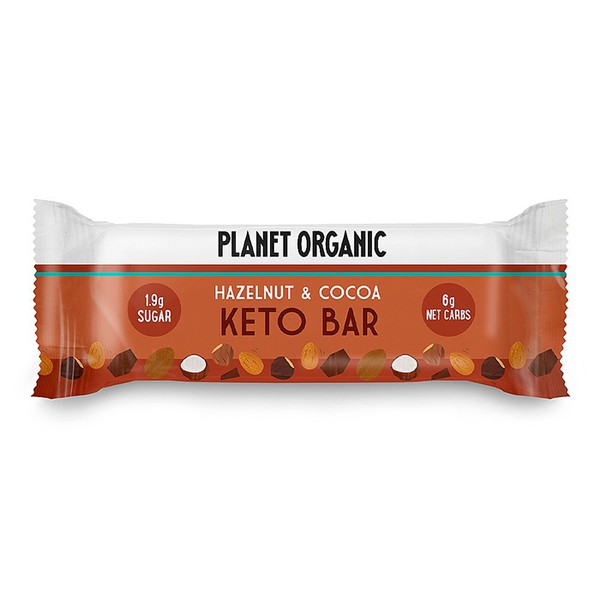
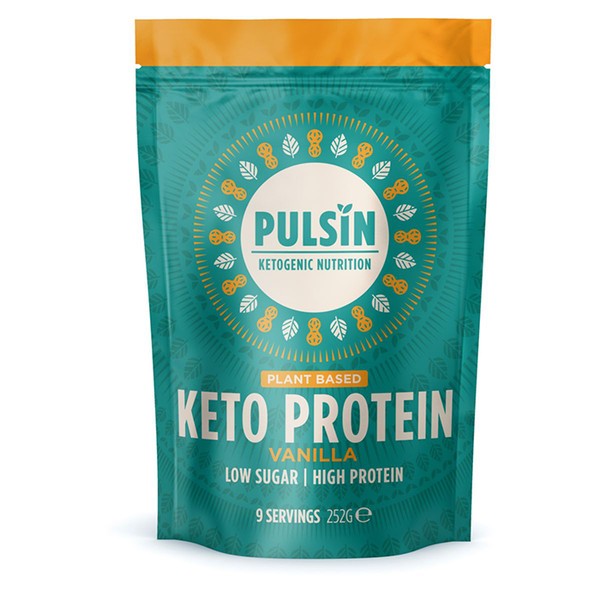
For more information visit Kim-Pearson.com, KetoHana.co.uk and Bupa.co.uk. If you’re wondering whether a ketogenic diet is right for you, you can book in for a complimentary 25-minute phone consultation with a member of Kim Pearson’s team.
DISCLAIMER: Features published by SheerLuxe are not intended to treat, diagnose, cure or prevent any disease. Always seek the advice of your GP or another qualified healthcare provider for any questions you have regarding a medical condition, and before undertaking any diet, exercise or other health-related programme.
DISCLAIMER: We endeavour to always credit the correct original source of every image we use. If you think a credit may be incorrect, please contact us at info@sheerluxe.com.
